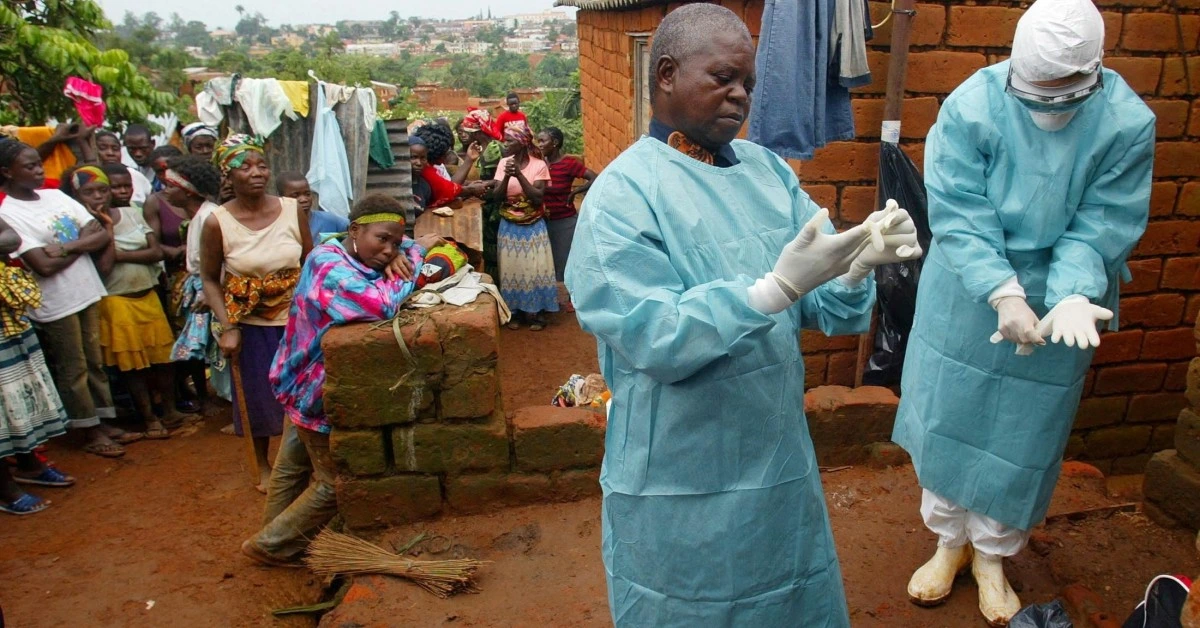
TANZANIA – Tanzania has successfully ended a deadly outbreak of the Marburg virus, a highly fatal disease causing severe hemorrhagic fever.
The outbreak, declared on January 20, 2025, resulted in ten fatalities—eight probable and two confirmed cases.
Swift actions by Tanzanian health authorities, with support from the World Health Organization (WHO) and the Africa Centres for Disease Control and Prevention (Africa CDC), were pivotal in containing the virus.
Measures included enhancing disease surveillance and training over 1,000 frontline health workers in contact tracing, clinical management, and risk communication.
WHO Representative in Tanzania, Charles Sagoe-Moses, stated, “While the outbreak has been declared over, we remain vigilant to respond swiftly if any cases are detected.”
Despite this success, Africa continues to face multiple health crises. Uganda is experiencing a surge in mpox cases, particularly in the south-central region around the capital, Kampala.
The Entebbe treatment center, located near Lake Victoria, has reported most of the country’s mpox-related fatalities, highlighting the urgent need for expanded isolation facilities and increased healthcare staffing.
In Namibia, health officials have confirmed the first cholera case in a decade. A 55-year-old woman in the Kunene region contracted the disease but has since recovered.
This case raises concerns, especially since neighboring Angola has been battling a significant cholera outbreak since January, with 237 deaths among 6,564 cases.
The patient had no recent travel history, prompting increased vigilance within Namibia. Cholera, caused by bacteria in contaminated food and water, can be deadly without treatment but is preventable through access to clean water, sanitation, and vaccines.
Compounding these challenges, reductions in U.S. aid are significantly impacting Africa’s ability to manage disease outbreaks.
Jean Kaseya, head of the Africa CDC, noted that funding cuts have disrupted essential health projects combating diseases such as malaria, AIDS, and Ebola.
For instance, in Ethiopia’s Tigray region, over 2.4 million people rely on U.S. aid for food, and recent cuts have halted deliveries to camps for displaced individuals.
Kaseya emphasized that the withdrawal of U.S. support, alongside decreasing aid from other Western countries, poses a critical threat to Africa’s health security.
XRP HEALTHCARE L.L.C | License Number: 2312867.01 | Dubai | © Copyright 2025 | All Rights Reserved